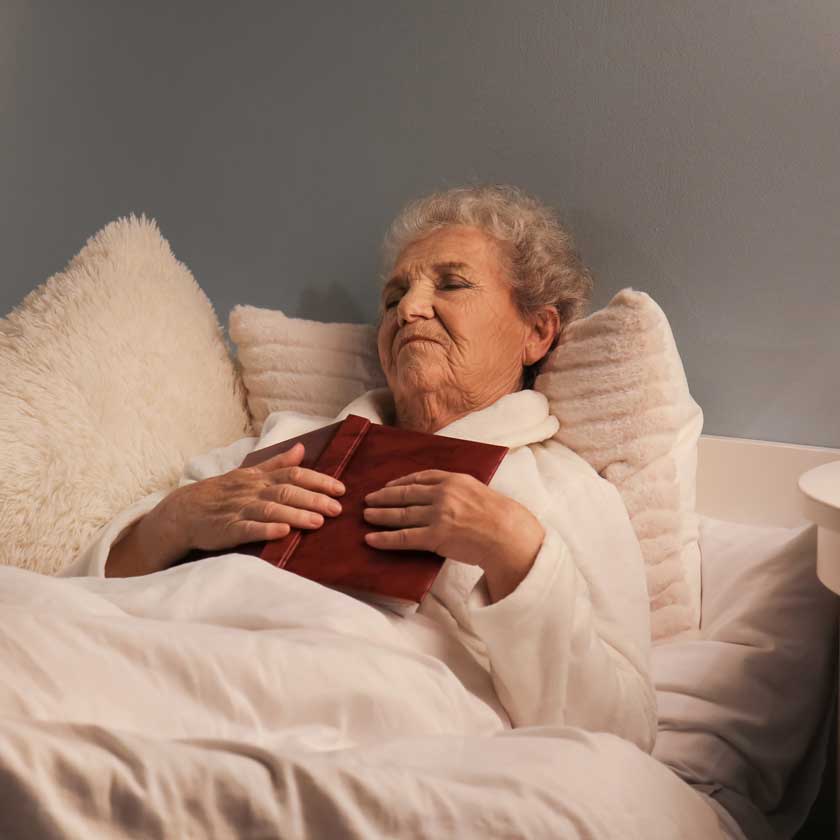A new study, published in The Lancet journal, eClinicalMedicine by researchers at the University of Birmingham, suggests nightmares may become prevalent several years or even decades before the characteristic memory and thinking problems of dementia set in.
Dr Abidemi Otaiku, of the University of Birmingham’s Centre for Human Brain Health, said: “We’ve demonstrated for the first time that distressing dreams, or nightmares, can be linked to dementia risk and cognitive decline among healthy adults in the general population”
“This is important because there are very few risk indicators for dementia that can be identified as early as middle age. While more work needs to be done to confirm these links, we believe bad dreams could be a useful way to identify individuals at high risk of developing dementia, and put in place strategies to slow down the onset of disease.”
If confirmed, the research could eventually lead to new ways of screening for dementia and intervention to slow the rate of decline.
Most people experience bad dreams from time to time, but approximately 5% of adults experience nightmares – dreams distressing enough to wake them up – at least once a week.
Stress, anxiety, and sleep deprivation are all potential triggers, but previous research in people with Parkinson’s disease has also linked frequent distressing dreams to faster rates of cognitive decline, and an increased risk of developing dementia in the future.
The research shows that middle-aged people (35-64) who experience bad dreams on a weekly basis are four times more likely to experience cognitive decline over the following decade, while older people were twice as likely to be diagnosed with dementia.
Interestingly, the study found that the associations were much stronger for men than for women. For example, older men experiencing nightmares on a weekly basis were five times more likely to develop dementia than older men reporting no bad dreams. In women, however, the increase in risk was only 41 per cent. It may be that people who have frequent bad dreams have poor quality sleep which could gradually lead to a buildup of proteins associated with dementia.
Next steps for the research will include investigating whether nightmares among young people could be associated with future dementia risk, and whether other dream characteristics, such as how often we remember dreams and how vivid they are, could also be used to identify dementia risk. Using electroencephalography (EEG) and magnetic resonance imaging (MRI), the researchers also plan to investigate the biological basis of bad dreams in both healthy people and people with dementia.
The best way to deal with dementia is to prevent it from occurring, and we know that there are several modifiable risk factors – poor diet, lack of exercise, smoking, and drinking too much alcohol.” Otaiku said. “If we can identify who’s at high risk for getting dementia several years or even decades earlier, we may be able to slow down the onset, or maybe even prevent it altogether.”




